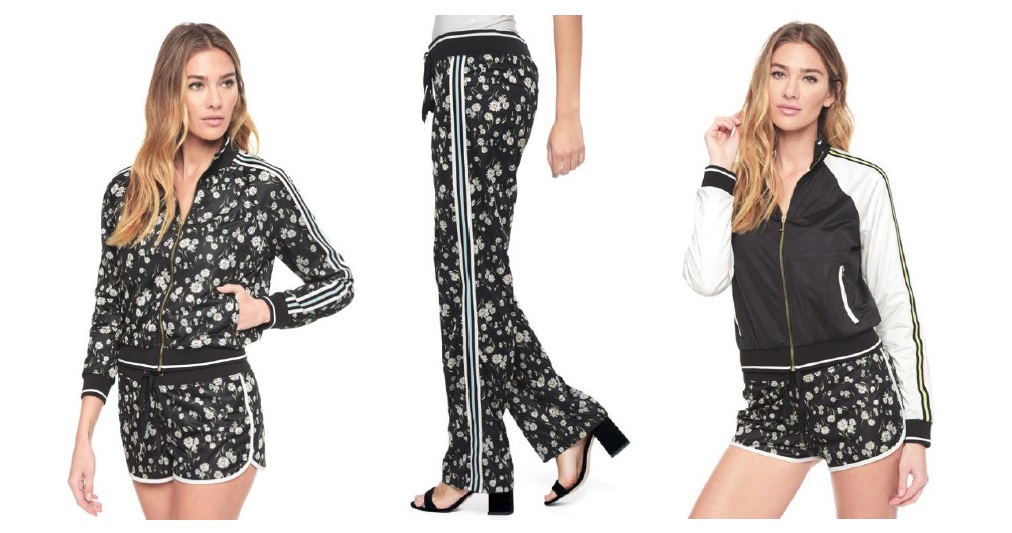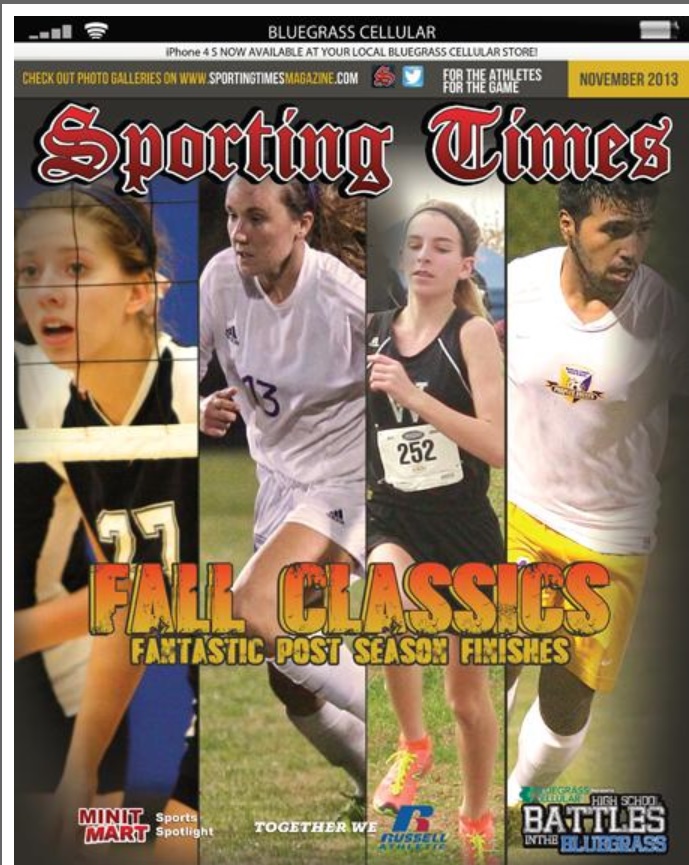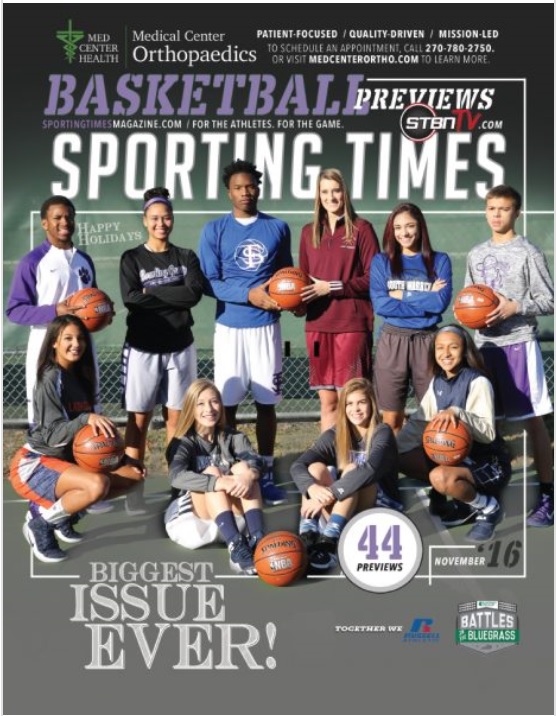The Court in Phelan Holdings, Inc. v. Rare Hospitality Management, Inc., [8:15-CV-2294-T-30TBM) (M.D. Fla. March 27, 2017), granted summary judgement that the slogan “You Can’t Fake Steak” is not confusingly similar to “You Can’t Fake Fresh.”
The Court noted that Phelan’s Pinchers Crab Shacks are bright, open air restaurants, painted in pastel colors. The walls are adorned with beachy, Florida-themed decorations, such as driftwood signs, mounted fish, large oars, and Caribbean artifacts. Phelan registered YOU CAN’T FAKE FRESH with the USPTO. In contrast, Rare’s LongHorn Steakhouse restaurants are a chain of Western-themed casual steakhouse designed as a Texas-style roadhouse. Rare registered YOU CAN’T FAKE STEAK with the USPTO.
On summary judgment Phelan abandoned its confusion claims, asserting only a reverse reverse confusion theory. The Court noted that Both marks incorporate the common buzz phrase “You Can’t Fake . . .,” but that the last word of each mark, i.e., Fresh vs. Steak, is completely different with a different meaning. An important fact for the court appeared to that do not encounter either mark apart from the parties’ respective house mark. The Court discounted Phelan’s linguistic expert because he focused on the first three words of the mark, and ignored the fact that the words “Fresh” and “Steak” are different, and did not account for the parties use of their house marks in connection with their marks, The Court also attached a lot of significance to the differences in the parties restaurants. The Court discounted Phelan’s survey evidence because the survey only tested forward confusion (finding between 13% and 26% confusion) , because the Phalen was asserting reverse confusion, not forward confusion.
Based on the Court’s analysis of the seven factors, Phelan failed to adduce sufficient evidence upon which a reasonable jury could find a likelihood of confusion between YOU CAN’T FAKE FRESH and YOU CAN’T FAKE STEAK. This was despite Phalen presenting both a linguistic expert and a survey expert. Apparently you can’t fake confusion.











